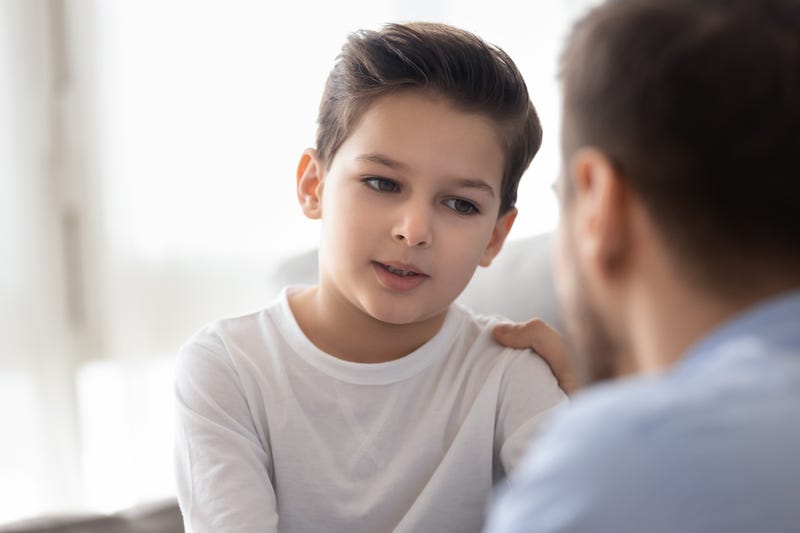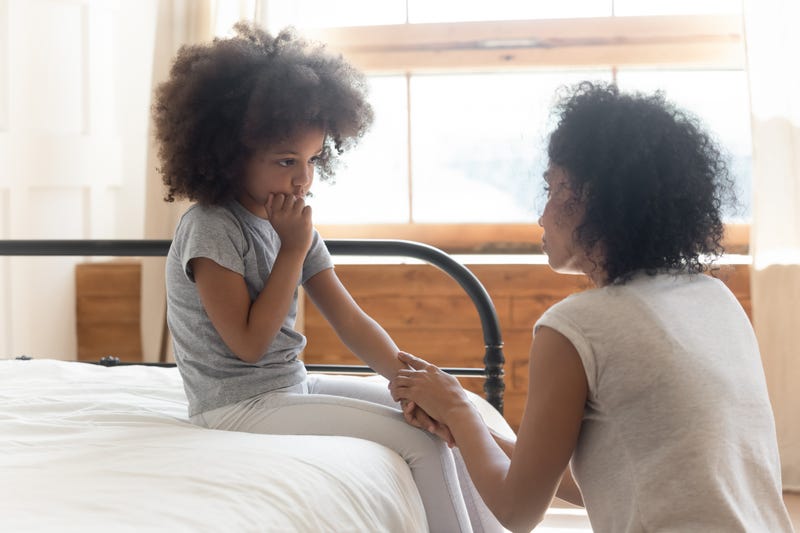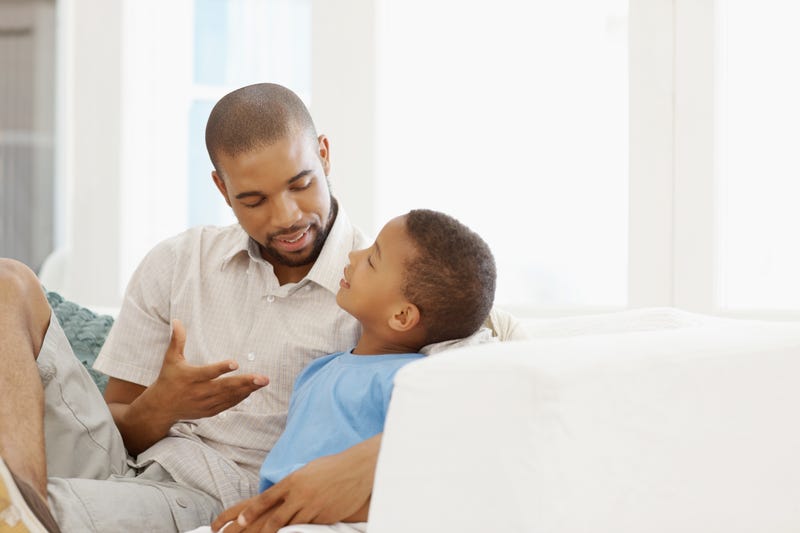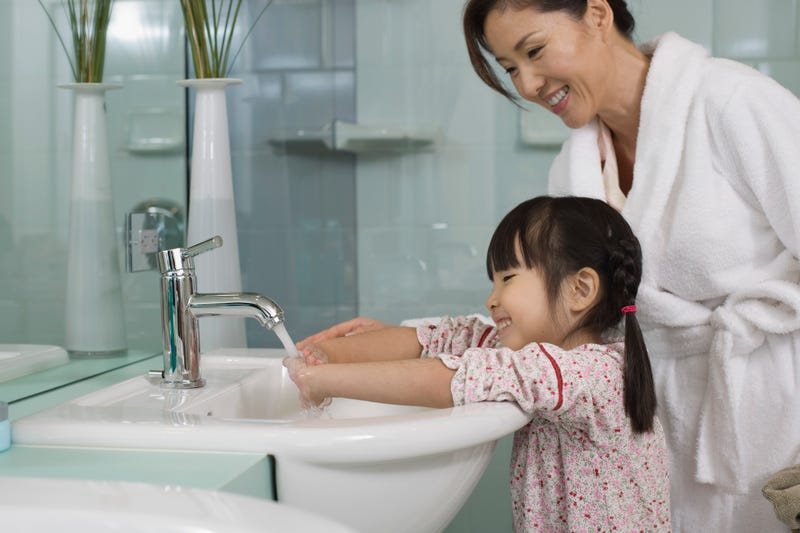How to Talk to Your Kids About Coronavirus
Educating kids about the novel coronavirus -- without scaring them into nightmares -- can be tricky, but parents need to have serious conversations with their children to keep them safe and calm.
Related
Here are a few tips to make a hard conversation a little easier.

Learn What They Know First
UNICEF suggests starting the conversation by asking kids what they already know about the coronavirus. They likely have overheard a lot from adults and discussed the virus with their friends. Much of the information might be false, and some of it may be blown out of proportion. Get a lay of the land by listening to your kids before you start talking.

Stay Calm
While adults all around the world panic, be the adult that keeps calm for your kids. Children take cues from their parents on how to react to threats, both emotional and psychological. While it’s important to enforce the seriousness of the situation, the CDC suggests parents stay calm as they do so.

Separate Fact From Fiction
Staying calm is also key to adults and children honestly assessing the facts of the pandemic. Kids are on the internet from a young age and are even more susceptible than adults to rumors or false information about the virus. The CDC reiterates that, while it’s important to remember your child’s age as you relay important facts, don’t sugarcoat or hide the truth, and be sure to knockdown any false info they’ve internalized.

Help Kids Actively Fight the Virus
While people of all ages can feel powerless against a global pandemic, even kids can do their part by washing their hands well and often, keeping their distance from others (especially older adults), sneezing into their elbows, and avoiding touching their faces. Best health practices can be hard to adopt for young ones and can seem intimidating, so Deborah Kris suggested on PBS that adults recruit kids to help be “germ busters” with a positive spin on active participation.

Avoid Blaming Others
Health crises can quickly lead to stigmas against people wrongly blamed for starting or spreading the virus. Avoid laying blame on particular countries or groups, the CDC says, and don’t make assumptions about who has the virus or who will spread it.

Learn More Together
If you don’t know the answer to a question your child asks, don’t guess at an answer or make something up. Instead, research the answer together and use it as a valuable opportunity to teach your kid about finding reliable information online. Visit trusted websites and medical authorities to find out more, and educate yourself about coronavirus in the process.

Share Stories of Heroes
A lot of ordinary people are stepping up to fight the coronavirus on the front lines. UNICEF suggests helping kids feel safe by sharing stories of health care workers and scientists working to protect humanity from the virus.
LISTEN NOW on the RADIO.COM App
Follow RADIO.COM
Facebook | Twitter | Instagram
